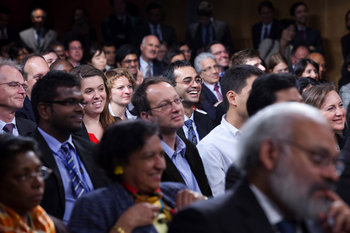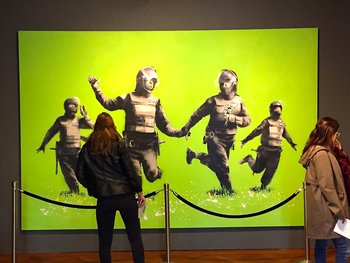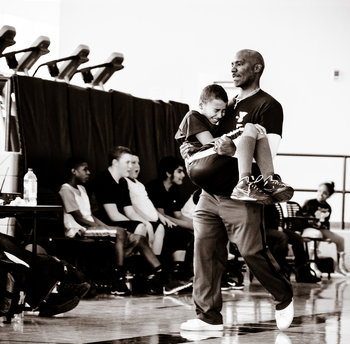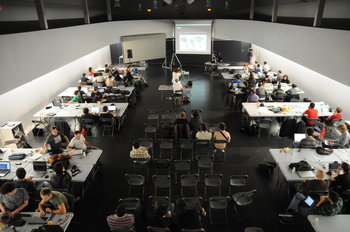
Communism
Communism is a system of state ownership of all capital. Ostensibly "the people" own all capital but in practice all capital is controlled by a bureaucratic elite. Communism has historically been implemented with a single party system with no political participation and severely restricted freedoms. Communist societies resemble a large monopolistic firm that has universal control of all companies, products, services, government functions, real estate and other assets.Oligarchy
An oligarchy is a society that places power in the hands of a few. As with any system that distributes power extremely unevenly, this tends to be unpopular such that it would tend to face resistance. As such, an oligarchy may turn to authoritarian methods in an attempt to hold on to power. Oligarchies are based on some system of social status based on nobility, wealth or religion. They can also be based directly on military control whereby a military organization runs a country. Another theoretical type of oligarchy is a technocracy whereby society is run by "experts" such as scientists, medical professionals, economists, technologists or engineers. It is also commonly suggested that a technocracy could be automated if people were willing to surrender control of their societies to automation or AI designed by a small elite.Autocracy
Autocracy is control of society by a single individual or party. As with an oligarchy, his creates significant opposition such that historical and current examples of autocratic power structures typically rely on authoritarianism to sustain their power.Partial Democracy
A full democracy is more than just voting for leadership as it requires political participation such as freedom of speech, freedom of association, freedom of movement, freedom of thought, freedom of the press, freedom of conscience & religion and the right to run for public office. Suppression or lack of these rights and freedoms is an authoritarian policy or response that renders a voting society a partial democracy.Groupthink
Groupthink is social pressure to conform to an ideology. This is a type of authoritarianism that removes certain rights, particularly freedom of speech, in exchange for acceptance into the group.Authoritarian Personality
An authoritarian personality is a character trait or pattern of behavior whereby an individual uses an authority to establish social dominance over others. For example, an office worker who goes on a campaign to name and shame everyone who fails to comply to the rules of the office kitchen. Authoritarian personalities use rules to elevate their power and are often self-appointed enforcers. Alternatively, authoritarian personalities may have authority themselves that they misuse to enjoy a sense of power over others.Rights of the Child
In some cases, adults use rules to take away the rights and freedoms of children. This can be viewed as an ageist form of authoritarianism. It can be argued that entire education systems are designed this way. Authoritarian personalities may also focus on youth such as an angry neighbor who is always trying to get various forms of play banned at a local park. This may be driven by a fear of youth or jealousy of youth.| Overview: Authoritarianism | ||
Type | ||
Definition | The belief or demand that individuals be required to give up a natural right or freedom to an authority. | |
Related Concepts | ||
























